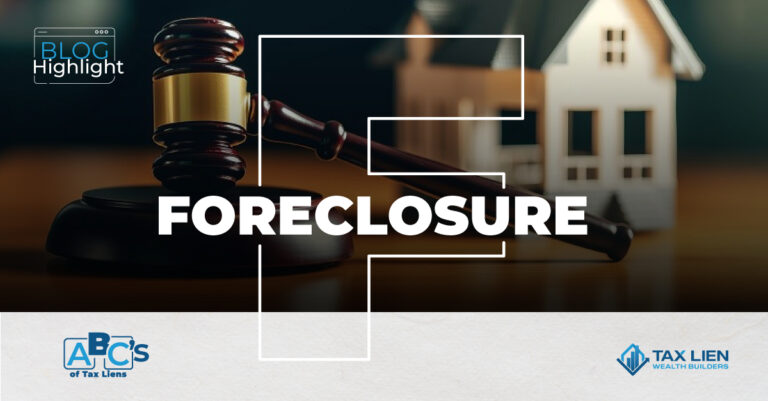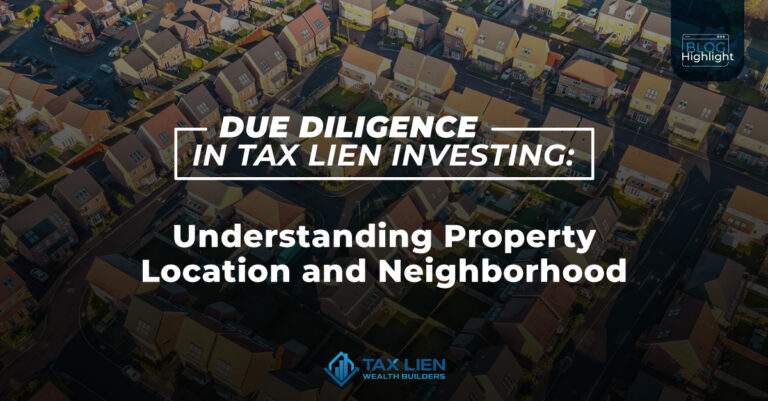Budget and Due Diligence
Budgeting and due diligence are vital to a successful tax lien investment strategy. Let’s break down these steps:
Set a Budget:
- Determine the amount of funds you are willing to invest in tax liens. Your budget should not only cover the cost of the tax liens but also potential expenses such as legal fees, property maintenance costs, or unforeseen challenges.
Understand Investment Limits:
- Be aware of any legal or local restrictions on the amount of tax liens you can purchase. Some jurisdictions may limit the total value or number of liens an individual or entity can acquire. This can be found on the auction website.
Diversification:
- Consider diversifying your investments across multiple property types or tax liens. This helps spread risks and increases the chances of a positive return on your overall investment portfolio.
Research Property Values:
- Before participating in an auction, research the market values of the properties associated with the tax liens. This information can give you an idea of the potential return on investment and help you set realistic bidding limits.
Assess Potential Risks:
- Investigate the condition of the properties and the local real estate market. Ask: Are there factors that could impact the property’s value negatively? Consider potential risks such as economic downturns, declining property values, or environmental issues. This information can be found on the county property appraiser’s website.
Check for Liens and Encumbrances:
- Look beyond the tax lien itself. Check for other liens or encumbrances on the property. Understanding the complete financial picture of the property is crucial for making informed investment decisions. This information can be found on the county “clerk of court” website.
Evaluate Redemption History:
- Research the redemption history of the properties. Have previous tax lien holders successfully redeemed the liens, or have properties gone through the foreclosure process? This can indicate the likelihood of redemption for your investment. This information can be found on the county property appraiser’s website.
Financial Analysis:
- Conduct a financial analysis to estimate potential returns and assess the economic viability of the investment. Factor in not only the interest earned but also potential expenses and the overall return on investment.
Consult Professionals:
- Consider seeking advice from real estate professionals, appraisers, or attorneys. Their expertise can provide valuable insights into the local market and legal considerations, helping you make informed decisions.
Visit Properties:
- If possible, physically visit the properties you are interested in. Assess their condition, neighborhood, and overall appeal. This on-the-ground evaluation can provide valuable insights that may not be apparent in online research. Note: this visit can be done by a friend, family member, or real estate agent. Investing in a county in which you have a local contact is not required but highly recommended.
Setting a realistic budget and conducting thorough due diligence increases your chances of making informed and successful tax lien investments. This proactive approach will help you navigate the complexities of the market and mitigate potential risks.







